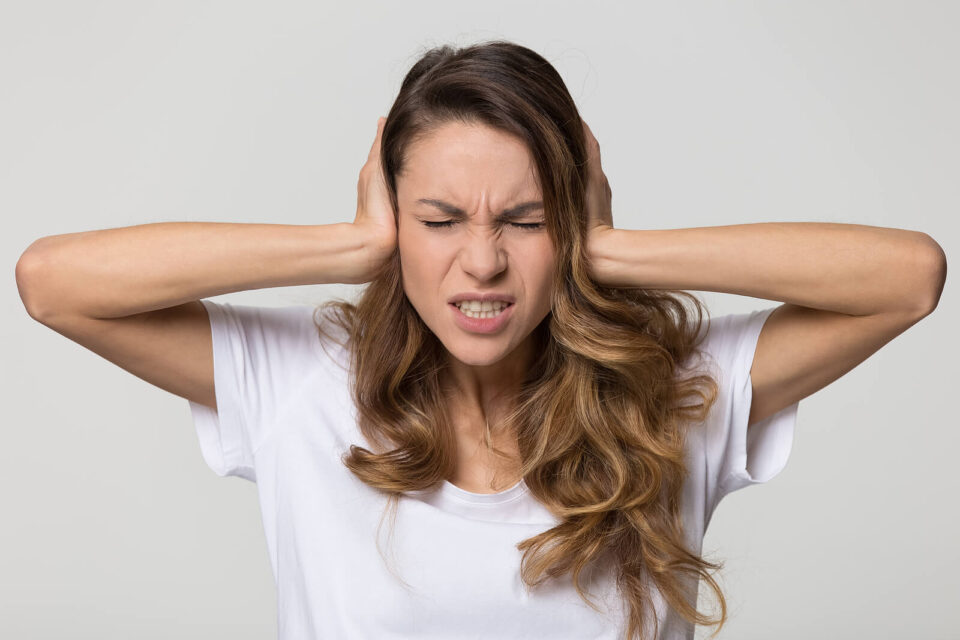- The Impact of Pets on Emotional and Hearing Health - April 26, 2024
- Strategies for Coping with Single-Sided Deafness - April 16, 2024
- Effective Strategies for Sharing Your Hearing Loss Journey - April 16, 2024
Our sense of hearing connects us to the world around us. From the laughter of loved ones to the melodic chirping of birds in the morning, our ability to hear enriches our lives in countless ways. Yet, we often take our hearing for granted until it starts to slip away. The good news is that there are proactive steps we can take to safeguard our hearing throughout our lives.
1. Turn Down the Volume
Our modern world is filled with noise, and many of us are guilty of cranking up the volume on our devices to drown out all the background sounds. Whether it’s your headphones, speakers, or TV, exposing your ears to excessively loud sounds can cause irreversible damage over time. Here’s a good rule of thumb: if others can hear your music or conversation when you’re wearing headphones, it’s too loud. Turn down the volume! You can also invest in noise-canceling headphones which can help reduce the need to turn up the volume.
2. Protect Your Ears in Noisy Environments
From concerts to construction sites, noisy environments are part of life. When you find yourself around a lot of noise, use ear protection. Simple foam earplugs or earmuffs can significantly reduce the intensity of noise reaching your ears. Musicians and concertgoers should consider high-fidelity earplugs designed to preserve sound quality while lowering the volume.
3. Take Regular Breaks
If you work in a noisy environment, such as a factory or with heavy machinery, make sure to take regular breaks away from the noise. Prolonged exposure to loud sounds without breaks can increase the risk of hearing damage. Use these breaks to give your ears a rest and let them recover.
4. Limit Your Use of Headphones and Earbuds
While headphones and earbuds are convenient for enjoying music, podcasts, and phone calls, excessive use can harm your hearing. Follow the “60/60” rule – listen at no more than 60% of the maximum volume for no more than 60 minutes at a time. Additionally, try to give your ears some quiet time in between listening sessions to allow them to recover.
5. Be Mindful of Recreational Noise
Recreational activities can also expose your ears to potentially damaging noise levels. Whether you’re attending sporting events, riding motorcycles, or shooting firearms, consider wearing hearing protection specifically designed for these activities. It’s a small investment that can make a significant difference in preserving your hearing.
6. Maintain a Healthy Lifestyle
Believe it or not, your overall health can impact your hearing. Smoking, for example, has been linked to an increased risk of hearing loss. Additionally, conditions like diabetes and high blood pressure can contribute to hearing problems. Maintaining a healthy lifestyle, including a balanced diet and regular exercise, can help support your hearing health.
7. Know Your Medications
Certain medications, known as ototoxic drugs, can harm your hearing. These include some antibiotics, pain relievers, and diuretics. If you’re taking medication and are concerned about its potential impact on your hearing, consult with your healthcare provider. They can discuss alternatives or monitor your hearing as needed.
8. Manage Stress
Stress isn’t just bad for your mental health, it can also affect your physical well-being, including your hearing. Chronic stress has been linked to an increased risk of tinnitus (ringing in the ears) and other hearing-related issues. Practicing stress management techniques like meditation, yoga, or regular exercise can help protect your hearing.
9. Embrace Quiet Time
In our fast-paced world, finding moments of silence can be a rare luxury. Embrace quiet time to give your ears a break from the constant barrage of noise. Whether it’s a walk in nature, a few minutes of meditation, or simply turning off the TV or music, these moments of silence can be soothing for your ears and your mind.
10. Get Regular Hearing Check-Ups
Just as you visit the dentist for annual check-ups, it’s essential to have regular hearing check-ups with an audiologist. We’ll help you monitor your hearing health, detect any early signs of hearing loss, and give you more tips for protecting your hearing. Knowing about any hearing loss early can help you get the right treatment as soon as you need it.

